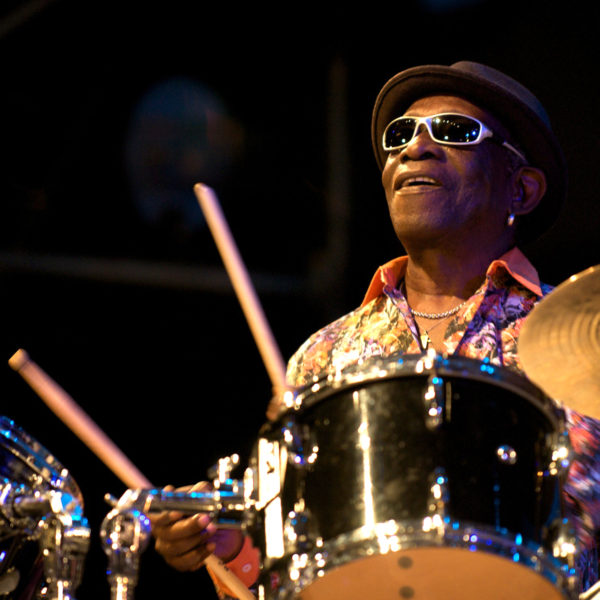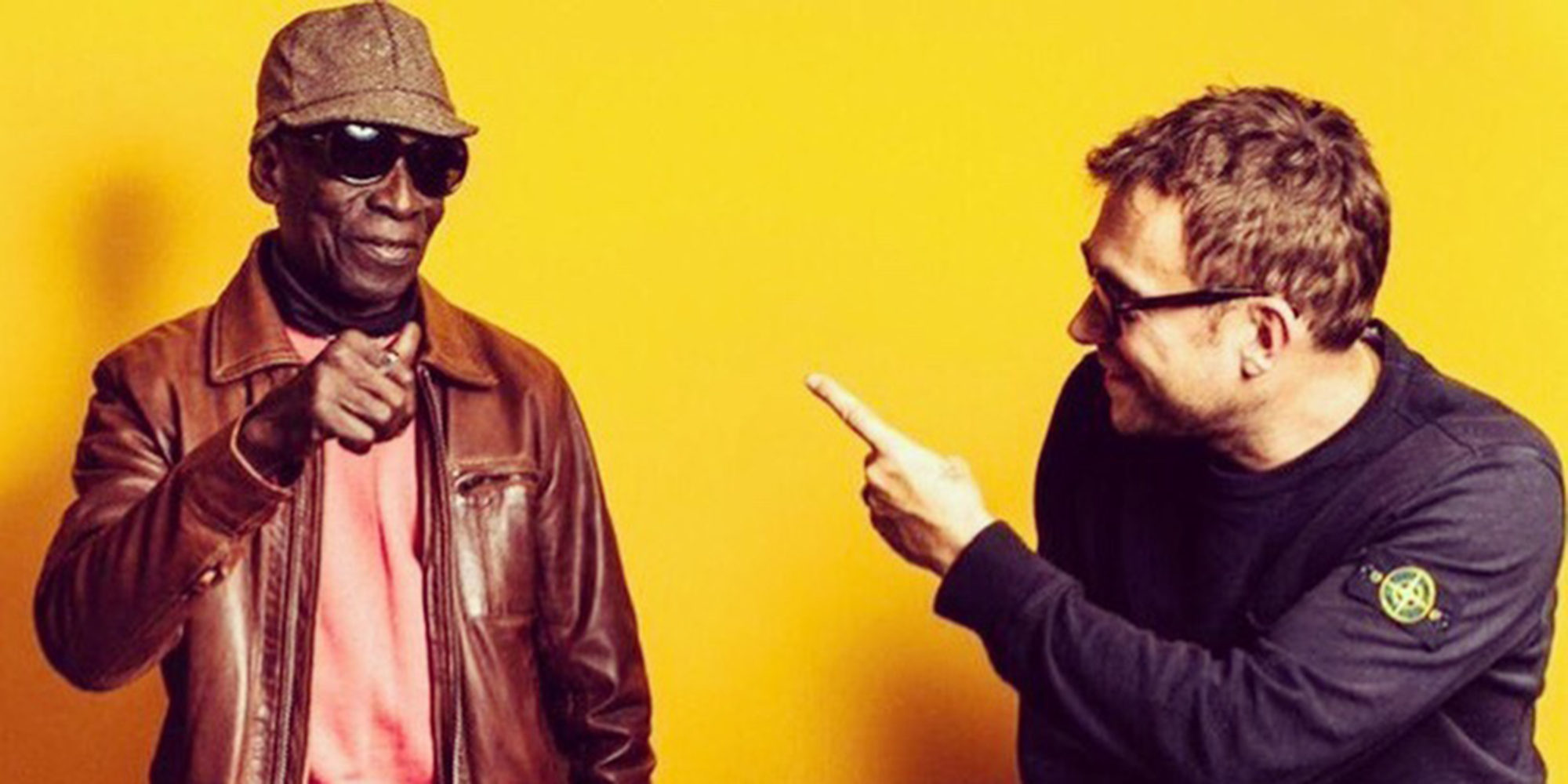Damon Albarn—founder of Blur, Gorillaz, The Good, The Bad and The Queen—hardly needs an introduction. Afropop fans likely know that Albarn is also a passionate fan of African music who has visited and worked with musicians from Mali many times. For most of the past 20 years, he has also been a close friend and collaborator with the late Tony Allen. Afropop’s Banning Eyre spoke with Albarn over Zoom for our program “Remembering Tony Allen.” Here’s an edited version of their conversation.
Banning Eyre: Thank you very much for doing this.
Damon Albarn: It's my pleasure.
I know you have been very close to Tony, so this is more than just an artistic loss. It's a personal one.
Absolutely. It was one of those where you really go down on two knees. The blow was so massive. He was one of my favorite people on earth. He felt like family, really, really profoundly. All my family loved him as well. He was beloved, beloved. Truly a beloved man.
He taught me so much, and he was such a great friend. He gave me so much of his time and love and wisdom. I'm a better person for having known him. I know it sounds a bit morbid, but I can't wait to get back to Paris and go and have a drink with my mates at his graveside—just to connect with him again somehow. He was so important to us, a big part of our lives. But we have to celebrate the fact that we were lucky enough to know that guy, and play with him. I'm so lucky to have done that.
His death was so sudden, as you say, a real gut punch.
The weird thing about Tony is that we thought he was approaching immortality. It really did seem that way. That's the best way for all of us to go, no question.
Well he sure had one thing: timing.
Timing. Impeccable timing. Majestic timing.
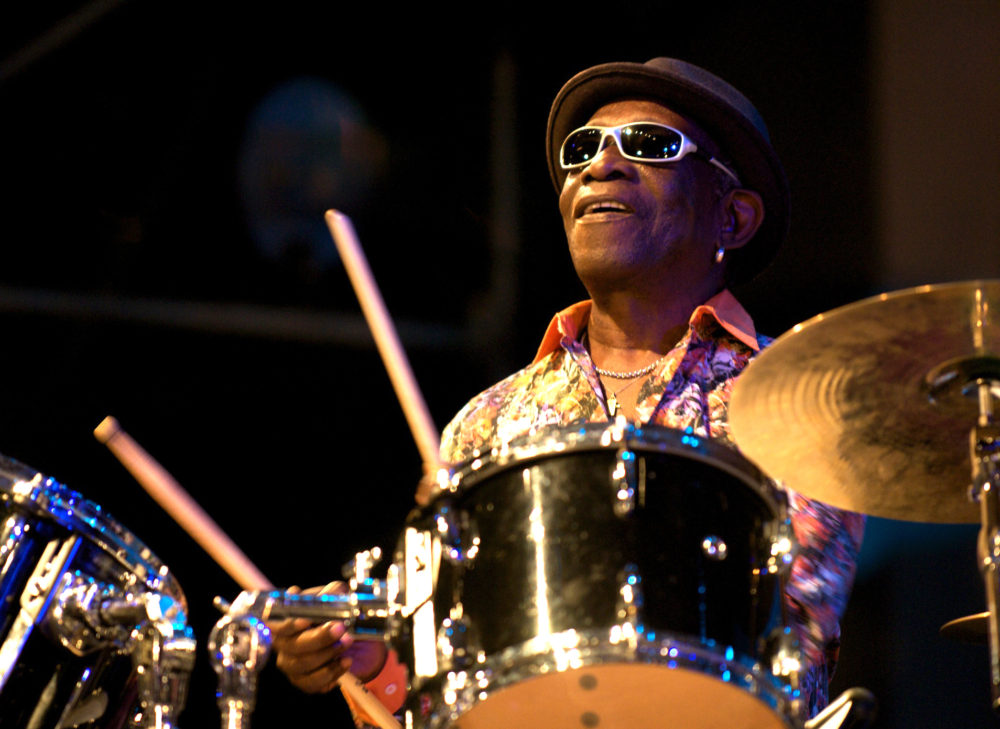
I was speaking with Michael Veal who co-wrote Tony’s autobiography. He was quite close to the family too and he was looking back and saying you really have to hand it to Tony. For all the African musicians who live in Paris, he really made it work. He supported his family through his music, traveled the world, had all these adventures and remained incredibly creative right to the end. How many people can say that?
Right up to the end. Four weeks before he died, the week of lockdown, we were recording with him in London.
So I imagine there are recordings that will come out.
Yes. There's a whole album I think. It’s not my project, but yes, he's got a whole album. I was looking at his discography, actually. It's about 56 records, even more. It's crazy how many records he made. Some years, back in the day, they were doing four records a year.
And he was working with so many different people across so many genres and styles. Truly amazing. So tell me, Damon, how did you first get to know him?
I think I became aware through my education at Honest Jon Records, the [London] record shop. I was a student there for many years before I became involved with them in 2000 when we put out Mali Music. But before that there were four or five years where I was over there buying records all the time, learning from the people, so it was during that period that I was introduced to Fela Kuti, obviously, and then also to some of Tony's early solo records.
Then I wrote this song called "Music is My Radar" and quite abstractly, really—little did I know how prophetic it would be—but I said in the song “Tony Allen got me dancing.” That literally appeared on his radar, and then he got in contact with me and said, "Would you like to collaborate?" So I met him in the studio on the Center pontoon on Tottenham Court Road, one night, one drunk night. And that was the beginning. He was a completely different kind of musician than anyone I had ever met. Immediately I could sense that he had a magic about him.
I couldn't come up with something concrete on that night, because I couldn't actually find the downbeat---which in my early reckonings with Mr. Allenko [a common nickname for Tony]., was a problem, especially if I had a drink or got too stoned. And it was not permitted to abstain from either one when working with him.
I understand.
So I took it away and then I worked on it, and he really liked it. And that was the beginning of our relationship.
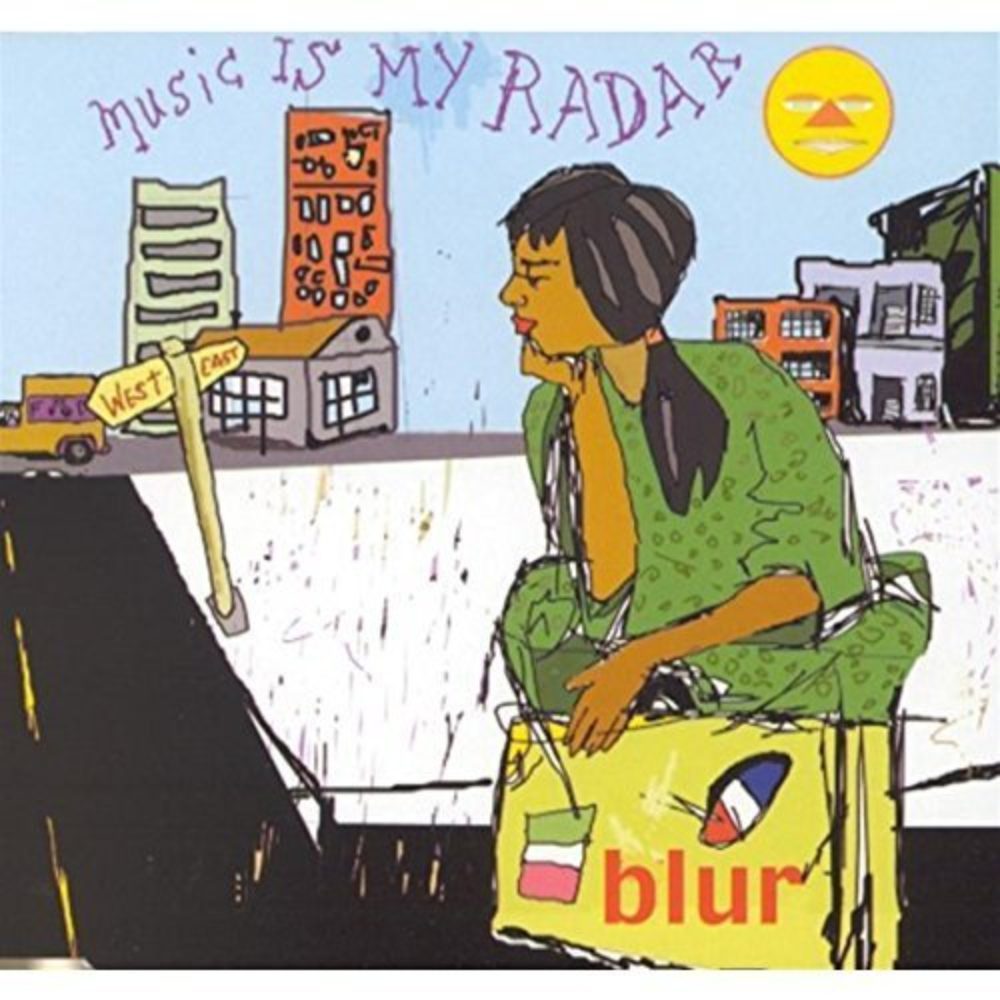
That was the song “Every Season” from the album Home Cooking, the opening track, right?
Exactly. And Ty [U.K. black music pioneer Ben Chijioke AKA Ty] was on that as well. So both the people who were in that room are gone now, because Ty passed as well.
Tony says in his autobiography and how impressed he was with that song, particularly with your lyric writing ability and musicality. He said that was the best track on the record.
Well, that's nice. I wish he had said that at the time.
Well, he said it in the book.
Honestly, I wouldn't be where I am today if I hadn't met Tony Allen. He's absolutely maybe in the top three musical influences in my life. Maybe the greatest musical influence, because of the simple depth of what he was teaching. It's cosmic.
How would you describe that simple depth if you could put it into words?
Well, anyone who could play with the time continuum like he seemed to be able to do. But believe me: sometimes you got suspended between his high hat and his downbeat, or anywhere in that combination of the high hat, the snare and the bass drum. If you got caught somewhere in there, you could get lost, and literally lose your mind and not be able to find your way back, just cast out in this parallel universe, waiting for Tony to call you back.
When I spoke to Jeff Mills he mentioned that problem about not being able to find the one, and Tony said that the one is everywhere. It’s where you imagine it would be.
Yeah, well he says that, but my goodness, no, no, no. It definitely is there. If you want to talk to someone about Tony's downbeat. Paul Simonon [bass player in The Good, The Bad & The Queen] had epic battles with Tony about the whereabouts of the downbeat. But they would always, always, be the last two up drinking whiskey together and having a fantastic row.
He was wonderful. We’re talking about one of the most wonderful people ever. I suspect I will spend the rest of my life telling people how wonderful Tony was, which is great. I can't believe he's gone, honestly. I really can't.
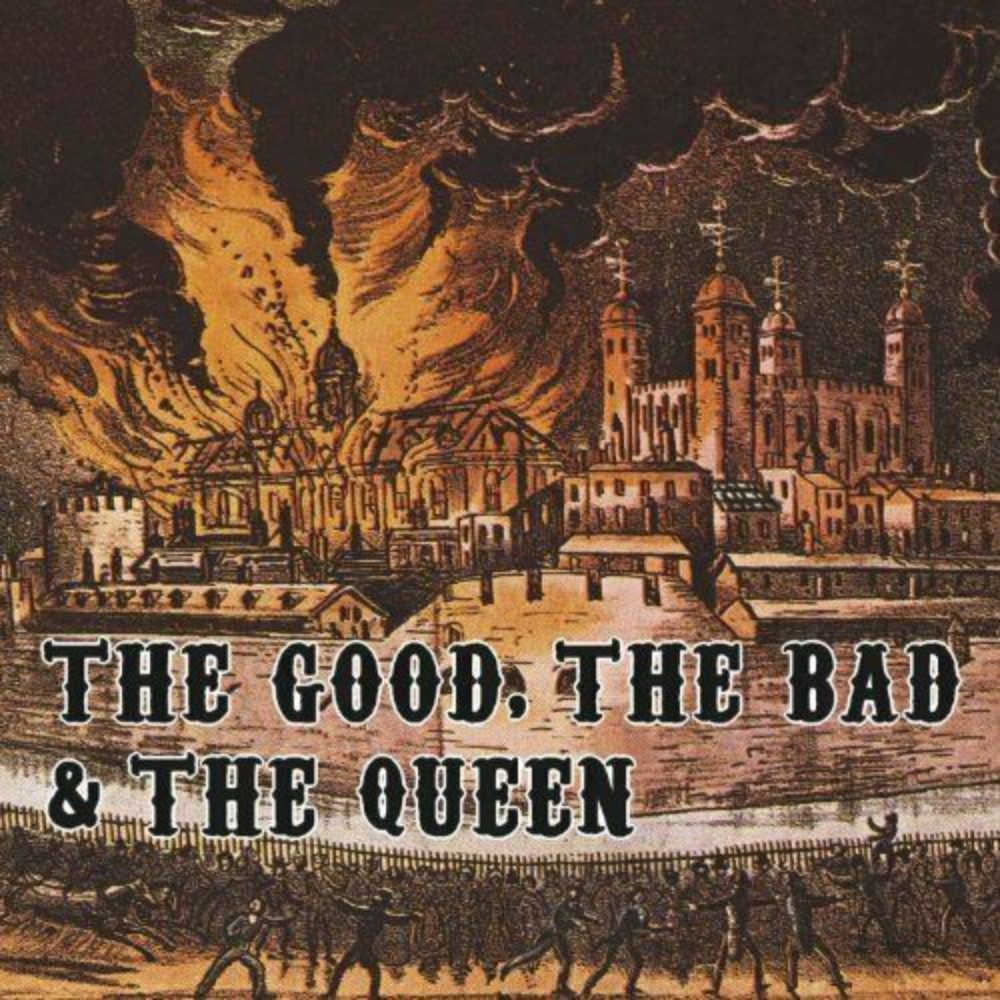
I hear what you're saying about the discography. I've pulled together as much of his music as I could find, and put it in constant rotation the last few weeks, and it's really astounding, the consistency of it. Once you get into that space, you just don't want to hear anything else.
Definitely. And that’s what I mean. You should talk to Brian Eno because he's got a lovely theory about Tony. He loves Tony. We booked and were curating his 80th birthday at Albert Hall this November. We were going to do a massive concert with him at the center of it. How can we do that? We will do it at some point.
There are so many obstacles to that now.
Well, just by the nature of how international he was. Tony was international with a capital I.
That's true. I've spent quite a lot of time in Mali, and when I met him there, I was impressed at how fluid he was with so many of the musicians. They all knew him, they all loved him. But he told me he didn't really speak French, only to his kids.
No. I mean whenever I did French TV with him, he would speak in English. “Tony, this interview is taking a long time anyway, because I'm having to have everything translated, and now you're going to have it translated but you don't need to have it translated.” And of course nobody could understand his English. It was so broad.
Yes, rather idiosyncratic.
Idiosyncratic. Oh, that's a lovely word.
I have a nice quote from Angelique Kidjo when they were doing her Remain in Light album, where she says, “He's not playing drums, he's just having fun. I wish all the drummers could play like that.”
Yes, it's more a case of just hanging on by the seat of your pants for everybody else.
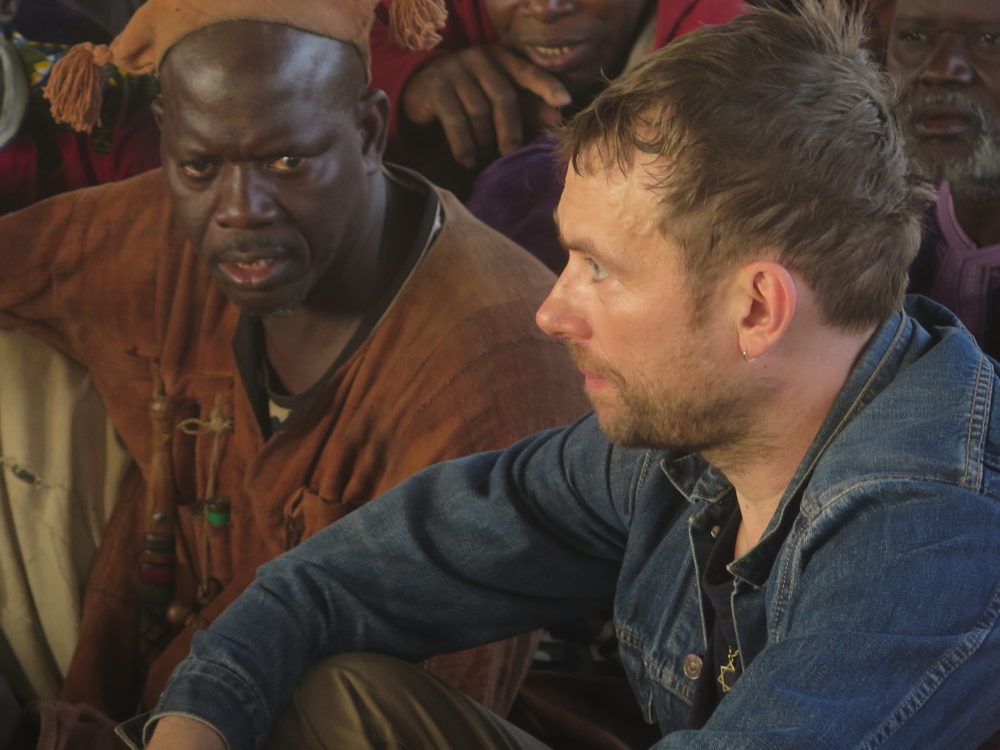
Tony plays on this new album that you've just produced for Afel Bocoum, Lindé. Tell me the story of that record.
That was made over the last year and a half. Paul Chandler recorded the tracks in Bamako. Then it was mixed in London, with a lot of overdubbing. You know, Nick Gold has been curating that.
Afel is such a wonderful artist. I love everything he's done.
Now there is a very lovely human being. I adore him.
And of course, Hama Sankare is on this album as well. He was such a central part of Afel’s group. Another terrible loss recently.
I know. It's just endless.
We have been feeling like we are in the obituary business the last few months. It's brutal. But I must say, I got a great lift from listening to this Afel album. Everybody did a great job there.
It's a fantastic record. I just hope he can hold out for another year so he gets to reap the rewards with the festivals. I mean, who knows how the world is changing, but for all of us who are students of black history, it's an interesting time. And it will be very interesting to see how people actually react. Because we know, having been students and sensitive for a long, long time, how obvious it is but it's amazing how that clarity seems to be a very hard one amongst a lot of people. That is such a shame, because such a basic principle that we’re all equal, you know what I mean? Such a basic thing.
I think Americans have a very hard time facing our history with Africa. I feel your frustration. Because we've been doing a national radio program on African music for over 30 years, and so often it feels like we’re just getting started, that so many people are just beginning to open their eyes and ears.
Which just makes you realize how much on the periphery we have actually been, even though we thought we were really penetrating the culture! Well, if you want to be positive about it, which I think is the only way to be, there's still so much for people to learn, so much richness for them to fill their lives with. So much esoteric kind of philosophy to grapple with and then we use that as a mirror for our own present existential kind of dilemmas.
So true. African music makes life better.
Well, we know that.
But you always see people coming away from concerts with their minds blown, having never imagined what was out there.
I know. Their eyes are like this. [Removes dark glasses; does bug eyes] We all know the magic that Africa casts on you or the spell that it casts on you. It's impenetrable once it is cast, once you are there. You've been put on a path, I feel.
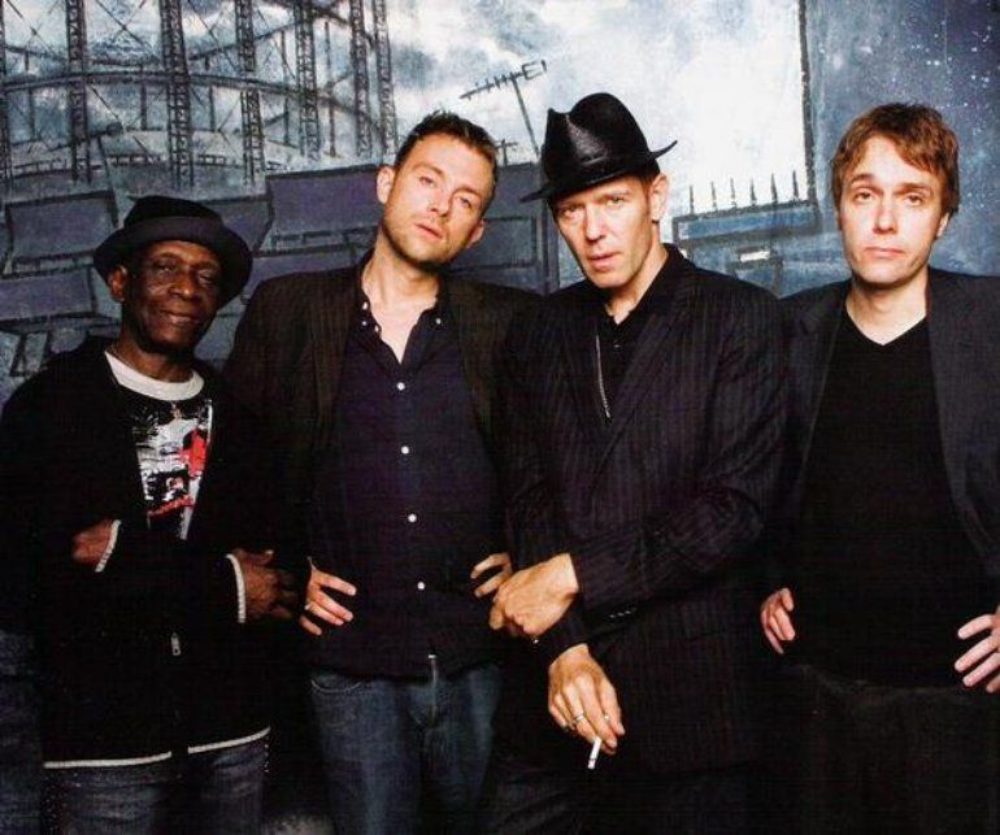
Yes, and I imagine this is true for English people as well, but for Americans, it makes you look back on your history in a whole different way.
With our Africa Express tours, with a few exceptions, it was really difficult to get people to come on our trips from America.
Really? Why?
I don't know
Well, next time ask me.
But we did an amazing job with the people who were able to make that leap of faith, and suddenly their whole life changed. Transformed, as I said. I just think it's so important for everyone in America to understand Africa. Because it's such a big part of who they are. Americans. Americans. They're not just Europeans. They’re Africans. And they’re indigenous people too. From South and North America. That's what they are, not just Europeans by any stretch of the imagination. It's been far too Eurocentric in its history and myth-making.
So true. And a lot of it's based on fear. People don't realize how enriching it is to be making those connections, rather than something to be afraid of.
For me, going to Mali was big. Mali and Tony, I really, really, really had to improve as a musician to even entertain playing with them.
Talk about playing with Tony. I've listened to The Good The Bad and The Queen, and various things, and you make very interesting use of his talent. It isn't as clearly announced to us on some other records, where people seem to go for his classic grooves. It seems like you stretched him in some ways too.
Yeah, I think that's why we loved working together, because we both forced each other to look at things differently, and that's why Tony is the master. Because he is as relevant if not more relevant today than it was when he started. He started teaching that. I don't want to call the gospel of Tony, but the book of Tony, definitely. Or the beat of Tony, the rhythm. The space of Tony. The space to allow other things to inhabit the mind.
The last time I talked to him was at the Apollo Theater when he was doing a show with Jeff Mills in 2018. And I said, "Boy you do a lot of collaborating." And he said that was because he gets bored very easily.
Right. I honestly think that might be why he went earlier than he would've done, because he wasn't playing for those two months. And Tony was someone who played virtually every day. And when you're living with that kind of dynamic, and that sort of aerobic sensibility, at that age, I think you have to keep going. And maybe… Oh I don't know. I try to work out the reason why it happened, and there probably isn't a reason. Like everything else, is part of the magic of life is its end, I suppose.

I really appreciate your taking time to do this interview.
Well, the subject of Tony Allen is one I can't leave. I want to think about him all the time, so sharing my thoughts about him is fine by me. I will be talking about Tony for the rest of my life. I need to be relatively sparse of my anecdotes. I may have to start pacing myself after about 10 years.
Have you got one more you can leave us with?
Well, here’s most fabulous one, and really the point where I realized what an unbelievably lucky person I was to know him. I was booked to do a song with him and Ty. It was a TV program in two parts. The first half was Ibrahim Ferrer’s band, who I had worked with on Gorillaz. I was asked whether I would sing harmonies and play melodica, and then I was helping Tony promote his album on the second half of the program. So it was a very, very exciting thing to be doing, to work with all these Cubans and then Tony afterwards. What a nice day's work!
Unfortunately, after the first half, which went very well, I was with Ray Cokes, who was one of the original presenters of MTV. He was presenting this program for a French TV company, and he gave me a bottle of white Guadeloupe rum, which I drank too much of, and then I went and hung out with Tony and had a joint or two. So when it came time to film our bit, I had truly lost the downbeat. It had completely vanished, and was not to be found on that occasion. After about two minutes of him playing and me trying to find it, I sort of gave up and I went and sat behind him on his drum seat and kind of passed out. Anyway, I don't really remember anything else or anything about the rest of that TV filming.
There's probably a record somewhere...
Yes, probably on the cutting room floor. Anyway, I woke up in bed and my manager and my girlfriend were standing over the bed the next morning. I open my eyes and said, "It went well, didn't it?" And they said, "Mmmm. Not that well.”
Then they retold in exquisite detail the very embarrassing previous afternoon. I was embarrassed and very crestfallen. So I contacted Tony, and also Ty, who had to be very patient with me as well. And Tony was so good about it. He made me feel like absolutely nothing had happened, it was totally normal, and I was great, and I shouldn't worry. I shouldn't lose any sleep over it. Which was such a sweet thing to do. Because he could've admonished me for my lack of respect or something. You know what I mean? But he's not like that at all. And ever since then, he's been one of my best, best, best friends, and will remain, though not physically present, he is still and will always be present with me. He's part of who I am. I'm with him.
That's a great story. And it reminds me, I've had a long 30-year musical relationship and friendship with Thomas Mapfumo. I wrote a book about him and I've had a number of opportunities to play on stage with him on guitar. And there have been times like that for me, because mbira music is also like that; you can really get messed up on where the one is, or you think it's one song and you're playing the wrong part. But I can tell you, on those occasions, Thomas was a good deal less forgiving than Tony was with you.
OK. OK. I was lucky. I was very lucky. My teacher was a true humanitarian.
I think Tony just existed on this higher plane where nothing was going to rattle him. Well, thanks so much, Damon, for sharing all this.
It was my pleasure. Nice to see you again. Keep up the good work.
You too, man. We will stay in touch.
All right. Lots of love.
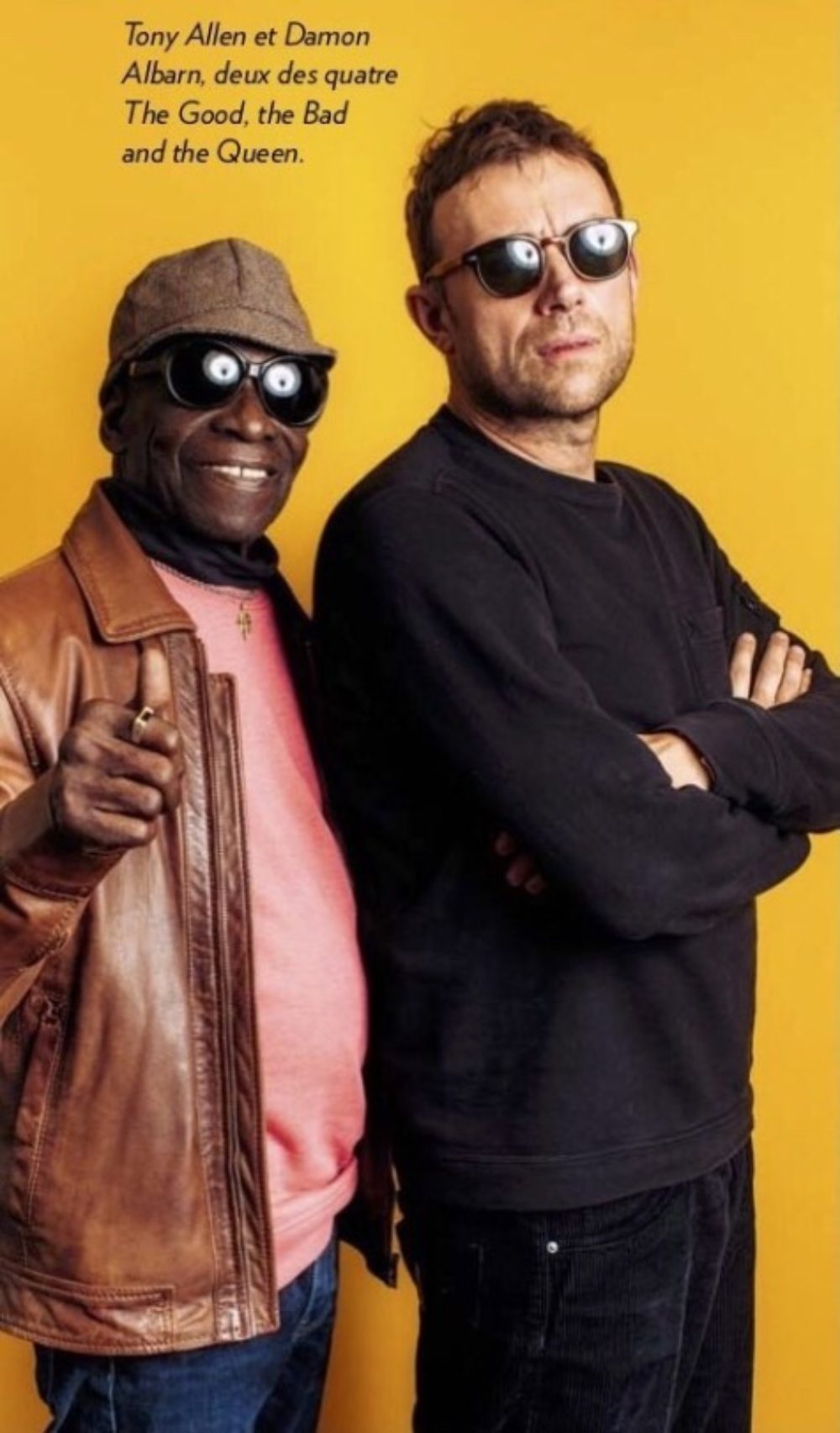
Related Audio Programs
